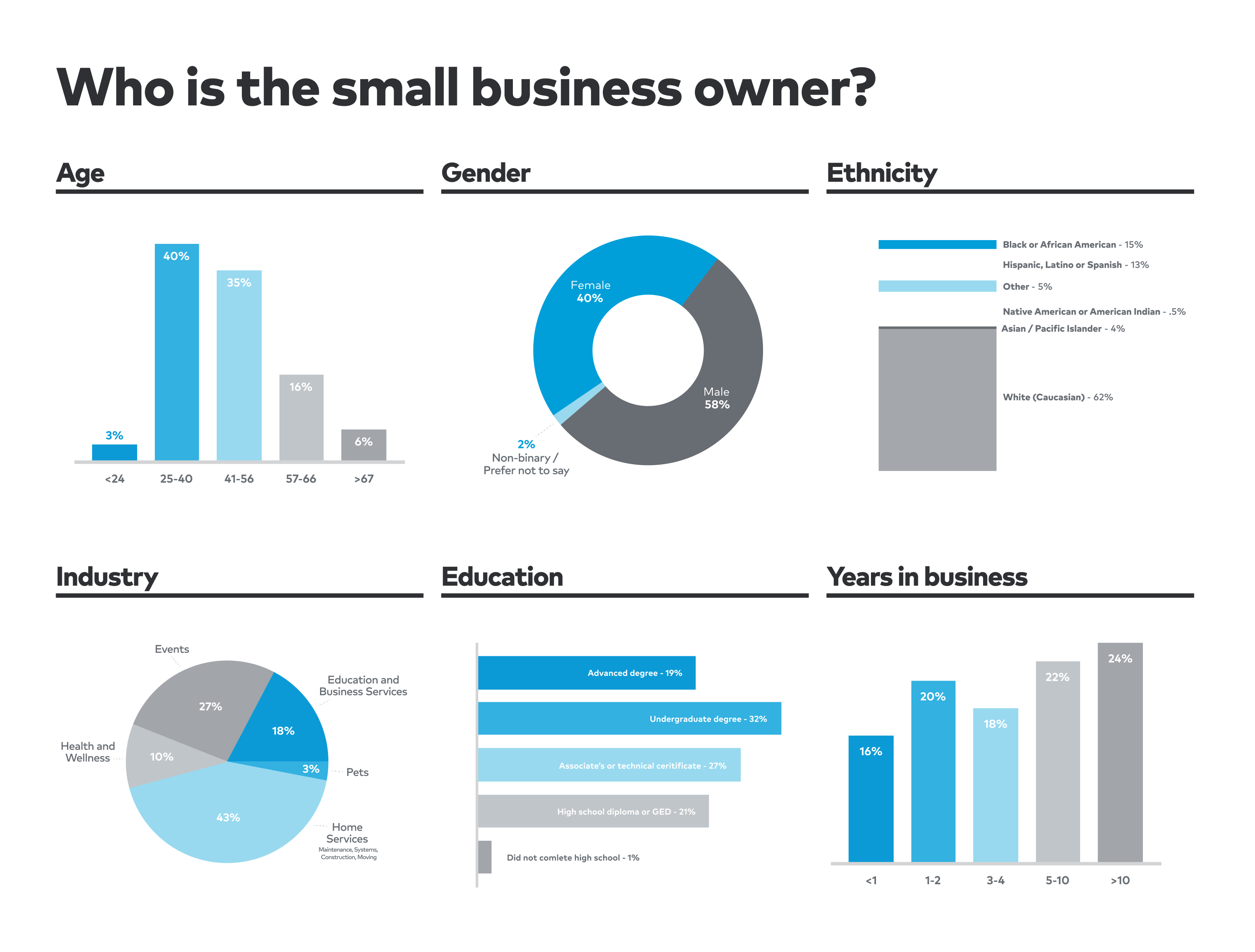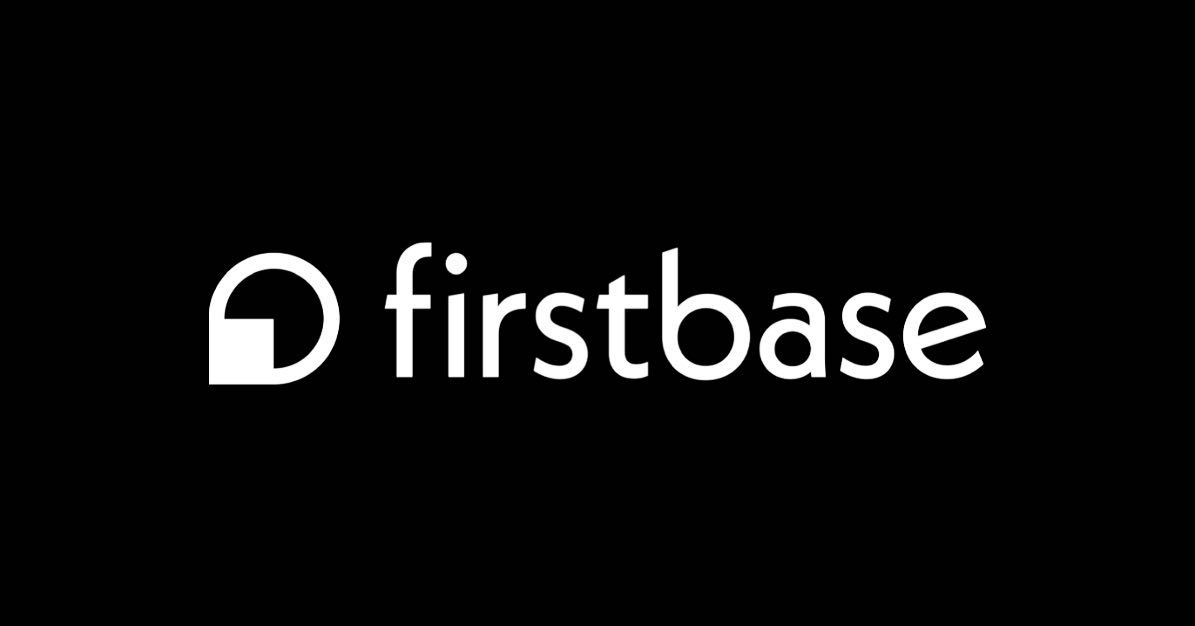Running a small business comes with numerous challenges, and navigating the legal landscape is undoubtedly one of them. As such, how to reduce SME legal costs can be challenging. Legal considerations are essential for the success and longevity of any small enterprise. However, legal costs can quickly add up and strain the financial resources of a small business. In total, legal costs for small and medium businesses exceeds $30 billion annually. Additionally, start-ups spend an average of $80,000 on legal fees. In this article, we will examine some of the challenges SMEs face in providing products and services. Also, we highlight certain sectors where legal costs can be prohibitive. Finally, we’ll offer practical steps on how to reduce SME legal expenses with three innovative solutions Law Depot, Firstbase.io, and Creators Legal.
Size and Growth of Small Businesses Worldwide:
Small businesses play a vital role in the global economy. In 2021 there were more than 330 million small and medium enterprises. According to the International Finance Corporation (IFC), small and medium-sized enterprises (SMEs) worldwide account for about 90% of all businesses. SMEs also account for 50% of worldwide employment. In many emerging economies, formal businesses account for up to 40% of national income. Including informal businesses, the number is much higher. Additionally, there were over 600 million entrepreneurs building businesses worldwide.
In the United States alone, small businesses (defined as less than 500 employees) comprise a significant portion of the economy. There are nearly 33 million small businesses employing close to 60 million people or close to 47% of private sector employment. Small business account for 99.9% of all firms nationwide.

Source: Thumbtack US Small Business Friendliness Survey
While the total number of SMEs is quite large, further analysis reveals some interesting insights. For example:
- Firms with fewer than 500 employees accounted for 99.7% of those businesses.
- 97% of all firms with paid employees
- 35% of private sector receipts ($13.3 trillion)
- Sole Proprietorships accounted for 87% of all firms.
Legal Challenges Faced by SMEs:
Small businesses operate in a dynamic and competitive environment, facing unique challenges when it comes to legal matters. Some of the common obstacles they encounter include:
- Regulatory Compliance: Small businesses must navigate complex regulations and statutory requirements, which can vary significantly across jurisdictions. Understanding and adhering to these legal obligations can be time-consuming and costly.
- Contractual Agreements: Negotiating and drafting contracts with suppliers, clients, and partners require legal expertise. Ensuring the terms are fair and enforceable and adequately protects the interests of the business can be a daunting task.
- Intellectual Property Protection: Safeguarding intellectual property, such as trademarks, copyrights, and patents, is crucial for small businesses. However, the cost of registering and defending intellectual property rights can be substantial.
- Employment and Labor Laws: Hiring employees and complying with labor laws presents ongoing legal challenges for small businesses. Staying informed about employment regulations, drafting employment contracts, and handling workplace disputes can incur significant legal expenses.
Average SME Legal Costs:
The average costs of small businesses for legal fees can vary based on several factors. These factors can include business size, industry, and geographic location. However, it’s important to note that legal expenses can be a significant portion of a small business’s budget. Small businesses in the United States spend an average of $7,600 to $10,000 annually on legal services. Some industries, such as healthcare and technology, potentially spend even more.
For many small businesses or start-ups, legal advice may be necessary but costly. Legal advisors change anywhere from $175 to $300 per hour for legal services if a solo practitioner is used. If a boutique firm is engaged, costs can be significantly higher. These costs can range from $500 to $1,000 per hour, depending on the industry and geography.
Sectors with Prohibitive SME Legal Costs:
Reducing SME legal costs in certain sectors can be challenging. Many of these sectors face particularly high legal costs due to the nature of their operations. These sectors include:
- Technology and Intellectual Property-Driven Industries: Small businesses in technology, software development, and creative industries often face substantial legal costs. These costs are usually associated with intellectual property protection, licensing agreements, and patent disputes.
- Healthcare and Pharmaceuticals: Compliance with complex healthcare regulations, including HIPAA and FDA requirements, is mandatory. These can pose significant legal challenges and expenses for small businesses in the healthcare and pharmaceutical sectors.
- Construction and Real Estate: The construction and real estate industries involve intricate contractual agreements, zoning regulations, and potential liability issues. Legal expertise is essential but costly for businesses operating in this sector.
- Financial Services and Banking: Financial institutions and fintech startups must navigate a highly regulated environment worldwide. This requires legal counsel to ensure compliance with financial regulations, data protection laws, and consumer protection requirements.
Strategies to Reduce SME Legal Costs:
While legal expertise is indispensable for small businesses, there are steps they can take to minimize legal expenses. Below are some strategies on how to reduce SME legal costs:
- Consultation and Preventive Measures: Seek legal advice early on to understand potential risks. Also, develop proactive strategies to avoid litigation and disputes. Regular consultations can help address legal issues promptly and prevent costly legal problems in the future. Initial consultations tend to be free, so it is important to understand your needs to avoid legal creep.
- Contract Review and Standardization: Standardize contract templates and review them carefully before signing or offering them to customers or partners. This approach can reduce the need for extensive negotiations and revisions, saving time and legal costs.
- Legal Technology Solutions: Explore legal technology tools and software that can streamline legal processes. Some of these processes include contract management, compliance tracking, and document automation. These solutions can improve efficiency and reduce reliance on external legal services.
- Alternative Dispute Resolution: Consider alternative dispute resolution methods, such as mediation or arbitration, which can be more cost-effective than pursuing litigation in court.
- Engage Fixed-Fee Legal Services: Discuss fixed-fee arrangements with legal professionals for routine legal tasks or ongoing legal advice. This approach provides transparency in costs and helps small businesses budget more effectively. For those SMEs that can provide clarity on the scope of work this may be a preferred solution.
As you start and grow your business, below are some innovative solutions for reducing SME legal costs. Below we highlight three useful legal solutions to support solopreneurs and entrepreneurs in the US and internationally to launch and scale your businesses.
Law Depot: Easy Legal Templates for Any Occasion
Law Depot is an online platform that offers customizable legal documents and forms for individuals and small businesses. Law Depot also provides documents for more personal matters such as divorce. Their user-friendly interface allows users to create legally binding agreements, contracts, wills, and other legal documents tailored to their specific needs. The company provides a cost-effective and convenient alternative to hiring a lawyer for routine legal matters, empowering individuals and businesses to handle legal paperwork independently. Law Depot also is a preferred solution provider to Alliance Virtual Offices, a leading global flexible space provider, offering a one-stop shop for managing your business needs.
Law Depot simplifies legal documentation, allowing individuals and businesses to create legally binding documents without expensive legal services. The product offering is fairly robust, producing a legal template for almost any occasion. Categories covered by Law Depot template solutions include:
- Starting a Business: LLC formation, intellectual property, NDA, cease and desists, etc
- Separation or Divorce: separation, online divorce, last will and testament, etc
- Child Planning: child travel consent, child medical consent, etc.
- Property Management: residential or commercial tenancy, evictions, etc
- Talk to a Lawyer: live consultations with legal professionals.
Three key advantages for Law Depot:
- Cost-Effective Legal Solutions: Law Depot offers an affordable alternative to hiring lawyers or legal professionals for routine legal documentation needs. By utilizing their platform, individuals and businesses can save substantial costs associated with legal consultations and drafting services. Law Depot provides customizable templates and step-by-step guidance, enabling users to create their own legal documents at a fraction of the cost.
- Convenience and Time Efficiency: Creating legal documents from scratch can be time-consuming and complex. Law Depot streamlines this process by providing pre-made templates that can be customized to suit specific requirements. The platform guides users through a series of simple questions, ensuring that the resulting document is accurate and tailored to their needs. This convenience saves users valuable time and effort, allowing them to focus on other important tasks. Moreover, the company’s templates cover multiple jurisdictions outside the US, including the United Kingdom, Singapore, Nigeria, Ireland, etc
- Legal Expertise and Accuracy: While Law Depot is not a substitute for legal advice, it provides access to professionally drafted templates and forms created by lawyers. This ensures a certain level of legal expertise and accuracy in the documents generated through the platform. Law Depot’s templates are regularly reviewed and updated to comply with the latest legal standards, giving users confidence in the quality and reliability of the documents they create. These templates serve as a great starting point with time saved on drafting, allowing you to reduce legal costs.
Firstbase.io: Enter the US Markets in Minutes
Firstbase.io is a platform that helps entrepreneurs and startups establish their business entities and operations. Available to both US and non-US companies, it offers a comprehensive solution that takes care of legal and administrative requirements. Some of these services include:
- Firstbase Start: Incorporate an LLC in the US within minutes
- Firstbase Agent: An all-in-one compliance solution to manage filings and reports
- Firstbase Mailroom: Business address and mailbox
- Pre-EIN Bank Account: A non-EIN bank account
- Firstbase Loop: A portfolio of one-click growth tools to help scale your company
- Firstbase Payroll: Enable quick hiring with payroll tax registration
Three key advantages for Firstbase.io:
- Streamlined Remote Team Setup: Firstbase.io provides a one-stop solution for establishing and managing remote teams. They handle essential tasks such as legal compliance, tax registration, and company formation. These activities can be time-consuming and complex when done independently. Using Firstbase.io, businesses can save significant effort and resources, allowing them to quickly and efficiently set up their remote workforce.
- Legal and Tax Compliance: One of the primary concerns when hiring remote employees is ensuring compliance with local laws and tax regulations. Firstbase.io handles these complexities by guiding companies through the legal and tax requirements of different jurisdictions. It ensures that businesses operate within the bounds of the law, mitigating potential risks and penalties associated with non-compliance.
- Simplified Employee Benefits and Payroll: Managing employee benefits and payroll can be challenging, especially for remote teams across different countries. Firstbase.io offers a centralized system to handle these tasks, simplifying the administration of benefits, compensation, and compliance. This streamlined process saves businesses valuable time and effort. It also ensures remote employees receive the necessary benefits and accurate payroll. Additionally, the company offers access to Deel, one of the largest integrated HR online platforms allowing companies to hire anyone in more than 150 countries. The Deel solution is part of the Firstbase.io Payroll product offering.
Creators Legal: Protecting Your Creative Content
Creators Legal is a legal services provider specializing in assisting content creators, such as artists, musicians, writers, podcasters, and independent filmmakers, with their intellectual property and entertainment law needs. Presently, there are over 300 million content creators worldwide active in an industry valued at over US$250 billion. Many content creators focus on their craft, often ignoring some of the more necessary business-related issues, which can create challenges over the long term. Creators Legal solves this problem with a robust set of legal templates to support this industry.
Creators Legal offers a range of legal services and resources designed to protect and support the legal needs of creators. They offer services like copyright registration, trademark protection, contract drafting and negotiation, and legal advice on licensing and distribution agreements. Creators Legal focuses on supporting creative professionals in safeguarding their artistic works and maximizing the value of their intellectual property rights.
Three key advantages for Creators Legal:
- Specialized Expertise for Creators: Creators Legal focuses specifically on the legal needs of creators, artists, and those in the creative industry. This specialization ensures that the services and resources provided are tailored to the unique challenges faced by individuals in this field. Whether it’s copyright protection, licensing agreements, contracts, or other legal matters relevant to creators, Creators Legal offers specialized expertise and guidance.
- Intellectual Property Protection: Intellectual property is paramount to creators, and protecting their creative works is essential. Creators Legal assists in safeguarding intellectual property rights, including copyright registration, trademark protection, and advice on licensing and usage agreements. By utilizing Creators Legal, creators can have peace of mind knowing that their valuable creations are legally protected.
- Legal Support and Contracts: The creative industry often involves collaborations, commissions, and partnerships, which require robust contracts and legal agreements. Creators Legal offers assistance in drafting and reviewing contracts, ensuring that creators’ interests are protected and that all parties involved are on the same page regarding rights, ownership, royalties, and other relevant terms. Having solid legal support and contracts in place can prevent disputes and provide clarity in creative collaborations.
Conclusion:
How to reduce SME legal costs remains a key challenge and sometimes elusive for these organizations as they compete and scale their business. SMEs worldwide face many legal challenges impacting their operations and financial stability. By understanding your potential legal spending, costs incurred, sectors where legal expenses can be prohibitive, and implementing strategies to reduce legal costs, small businesses can protect their interests while optimizing their financial resources for growth and success. Seeking legal advice when necessary, staying informed, and exploring cost-saving measures can empower small businesses to navigate the legal landscape more efficiently and ensure a solid foundation for their endeavors.
To learn more about Law Depot, Firstbase.io, and Creators Legal as well as other solutions to support worldwide growth initiatives for small businesses, please visit ClearSky 2100 Ventures or get in touch.
Disclosure: At ClearSky 2100, our portfolio partly consists of affiliate partnerships. We may earn a small commission from buying links on our site at no cost to you.







